European Sepsis Report – United Kingdom
Background
When the WHO resolution came out in 2017, the UK government was already writing its national action plan and it is now running its 3rd action plan. The UK Sepsis Trust works with NHS England and other statutory bodies to operate an intercollegiate Cross System Deterioration Board which includes specific strategies to improve outcomes from sepsis. We also work with a complementary NHS Antimicrobial Resistance (AMR) Board.
The recent pandemic presented significant challenges in implementing direct action on sepsis at a governmental level. Following a prior commissioning incentive that drove significant improvements in sepsis management, recognition and treatment of sepsis is now part of the standard contract for all English hospitals. The UK Sepsis Trust focuses on raising public awareness through partnerships and setting the scene for improving outcomes through working with other agencies including (e.g.) national cancer charities.
What is happening
In 2015, the UK Sepsis Trust (UKST) developed an operational tool called Red Flag Sepsis to empower junior professionals to act to deliver the charity’s Sepsis 6: a simplified care bundle including source control and antibiotics, escalation to critical care where needed, and treatment coordinated by senior clinicians. The bundle is used now in 99% of British hospitals. In 2019, the UK’s recommendations and approvals agency NICE provided, for the first time, formal endorsement of UKST’s care pathways incorporating Red Flag Sepsis and the Sepsis 6. These are now available across all facets of healthcare including in hospices, care homes, general practice, the ambulance service, and in hospitals.
In early 2022, the UK’s Academy of Medical Royal Colleges issued its own statement on early antimicrobial treatment in patients with sepsis, mirroring to a degree the Surviving Sepsis Campaign’s recommendation that patients who were less sick (for the UK, a NEWS2 score of less than 7) should benefit from a treatment decision within 3 hours rather than the 1-hour administration mandate for those critically ill. UKST is now working with the Academy to disseminate revised tools in accordance with this statement.
In April 2020, UKST recognized that recovery from COVID-19 was likely to bear stark similarity to post-sepsis syndrome (PSS). As a result, the charity launched its Blurred Lines campaign as well as opened its Support Nurse services to people who have survived COVID-19.
Raising public awareness of sepsis, in general, is also an important part of the strategy. UKST has launched its Sepsis Savvy strategy to work with major corporates to educate their staff and (in some cases) clients about sepsis. By February 2023, 427 commercial organizations including Amazon, Vodafone, JP Morgan, and PWC had signed up. We have also launched an accredited school program with lesson plans for all age groups: to date, 861 schools have signed up. Collaborations, for example with national cancer charities for World Cancer Day, have augmented our reach still further.
Results, next steps, and challenges
Due to a suspension in reporting, it is not currently known how reliable the recognition and management of sepsis are within the UK. It is likely that the situation has slipped from that prior to the pandemic, in which English hospitals were recognizing and treating sepsis within one hour with antimicrobials and supportive therapy in 82% of patients. This requires addressing with urgency as we continue to emerge from the pandemic. UKST’s Blurred Lines campaign received pro bono donations of marketing space across multiple national media outlets, including national newspapers (e.g., The Times), glossy magazines (e.g., Vogue), and on large format city center advertising (over a 13-day period appearing on 56 screens across four cities: London, Birmingham, Edinburgh, and Glasgow with over 9 million potential views). UKST’s Support Nurses have to date provided direct support to almost 7,000 survivors of COVID-19, with the condition now accounting for almost 30% of their caseload.
Sepsis Savvy was launched in February 2020, comprising an online educational game together with an instructional video and online resources. It’s been adopted by over 400 corporates, as diverse as the Direct Line Group (major insurance company who’ve sent the resources to their 3 million customers), Five Guys (a chain of fast-food outlets who have undertaken relay races across the country between their stores), Burger King, Microsoft UK, and Iceland Foods (a major food retail company with over 960 stores in the UK).
As we enter the 2023/24 financial year, we will see 2 major national television pieces highlighting the dangers of sepsis: one documentary by a BAFTA award-winning actor who lost his young daughter to sepsis, and the second a storyline in the country’s longest-running soap opera, Coronation Street, which reaches an audience of 8 million.
UKST’s relationship with Iceland Foods has resulted in raising awareness of sepsis on milk cartons – by February 2023, almost 100 million breakfast tables across the UK have seen sepsis messaging in this way.
UKST is now in the process of re-engaging with HM Government, with statutory bodies and with other stakeholders to reprioritize the recognition and management of sepsis in the post-pandemic era. The charity is working with NHS England’s Your COVID Recovery group to disseminate knowledge of its support services.
In collaboration with Biomérieux, UKST conducted an awareness survey among doctors examining their knowledge of and attitudes to sepsis, AMR and diagnostics across five European countries (UK, France, Spain, Sweden, Italy), with results announced in 2022. This highlighted both common themes and important differences between countries.
Through 2023/24, UKST will continue and grow its strategy of engaging members of the public through partnership working, particularly through the Sepsis Savvy campaign, and will target schools and educational facilities.
